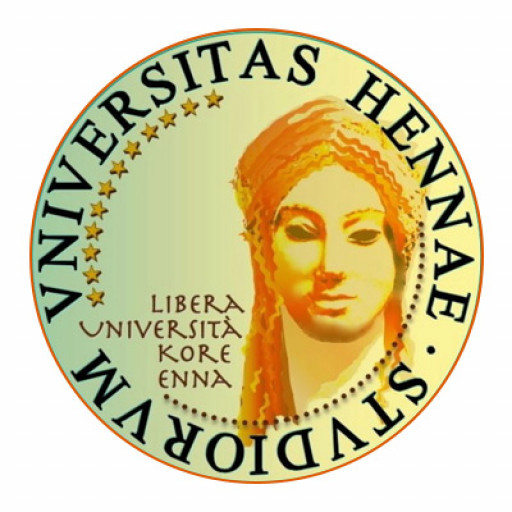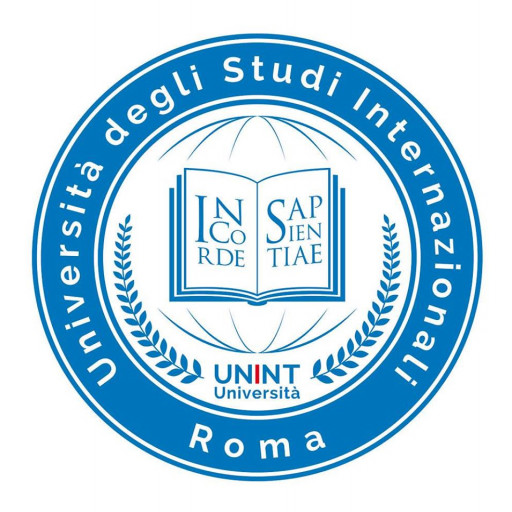Advertisement
The Materials Science Department at Saarland University is particularly well equipped. The university has a focused ion beam apparatus and a transmission electron microscope and is the only university in Germany equipped with a commercial instrument for atom probe tomography. Thanks to the combination of close cooperative ties between university and research institutes and the excellent facilities available, Master's students wishing to pursue an academic career can participate in research work during their studies.
In addition to providing advanced scientific training, the M.Sc. programme in materials science also encourages the acquisition of important career skills, such as effective communication, team work, efficient work organizing skills and foreign language proficiency. The Master's programme boasts an excellent student-staff ratio and offers considerable scope for students to tailor course content to suit their personal interests and to become involved in international collaborative projects. Cooperative projects with industrial partners allow students to become acquainted with potential future employers during their course of study.
Graduates have access to a wide range of career options in such areas as product development, quality assurance and production in the manufacturing and processing industries. Graduates from the M.Sc. programme have the skills to undertake industrial research or, equally, to pursue scientific careers at universities or publicly funded research institutions.
Students of Materials Science talked about course content and career opportunities at the national conference in Saarbrücken...
The International Language Science and Technology (LST) program at Saarland University offers students an interdisciplinary education that combines linguistics, computer science, artificial intelligence, and digital technologies to address the complex challenges of language processing in the modern world. The program is designed to equip students with both theoretical knowledge and practical skills necessary for developing advanced language technologies, such as speech recognition, machine translation, natural language understanding, and dialogue systems. Throughout the course of study, students explore a wide range of topics, including computational linguistics, corpus linguistics, machine learning, data analysis, and software engineering focused on linguistic applications.
The curriculum emphasizes hands-on experience, with students participating in projects that involve building and evaluating language processing systems, analyzing linguistic data, and applying machine learning algorithms to real-world language tasks. Students are also trained in programming languages and tools commonly used in language technology development, such as Python, Java, and specialized frameworks like TensorFlow and spaCy. The program fosters an interdisciplinary approach, encouraging collaboration between students from backgrounds in linguistics, computer science, psychology, and related fields to promote innovative solutions in language technology.
In addition to coursework, students have access to cutting-edge laboratories and research centers dedicated to artificial intelligence and computational linguistics, providing opportunities for internships, research projects, and cooperation with industry partners. The program's international orientation prepares students for global careers, whether in academia, industry, or start-ups focusing on language-based AI solutions. Graduates gain comprehensive knowledge that allows them to contribute to the advancement of language technology, develop intelligent language systems, and participate in shaping the future of human-computer interaction through language. Upon completion, students are well-prepared for employment in sectors such as technology companies, research institutions, translation and localization services, and government agencies involved in language data management and analysis.
The International Language Science and Technology (LST) program at Saarland University is designed to prepare students for diverse careers in the fields of linguistics, language technology, and applied language studies. The program emphasizes interdisciplinary training, bringing together insights from computer science, linguistics, and cognitive science to provide a comprehensive understanding of language processing and technology applications. Students enrolled in this program are expected to acquire both theoretical knowledge and practical skills, enabling them to develop innovative language solutions and contribute to advancements in language-based technologies.
To be admitted to the International Language Science and Technology program, applicants must meet certain entry requirements. These typically include a proof of completion of secondary education equivalent to the German Abitur or other recognized higher education entrance qualification. Additionally, proficiency in English is mandatory, often demonstrated through standardized tests such as TOEFL or IELTS, to ensure students can follow courses taught in English effectively. Knowledge of German may also be beneficial but is not always compulsory, depending on the specific curriculum structure.
The curriculum comprises core modules in linguistics, computational methods, and language technology, alongside elective courses allowing specialization in areas such as speech processing, machine translation, or language data analysis. Practical components, including laboratory work and project assignments, are integral elements of the program, fostering hands-on experience and industry readiness. Throughout the duration of the program, students are encouraged to participate in research projects, internships, or international exchanges to enhance their practical understanding and intercultural competencies.
Graduates of the International Language Science and Technology program are equipped to work in sectors such as software development, research, language services, artificial intelligence, and education. They can pursue careers in academia, industry, or governmental organizations involved in language processing and communication technologies. The program's requirements aim to ensure students develop a deep understanding of language phenomena and technological tools, preparing them for innovative roles in an increasingly digital and interconnected world.
The financing of the International Language Science and Technology (LST) program at Saarland University is primarily based on a combination of public funding, European grants, and student contributions. As a publicly funded institution in Germany, Saarland University receives financial support from the federal state of Saarland as well as the German federal government, which covers a significant portion of the operational costs of the university’s academic programs, including LST. This public funding ensures that the program can be offered at relatively low tuition fees for both domestic and international students, making higher education accessible and affordable.
In addition to public funding, Saarland University actively participates in European Union research and development projects, which sometimes include funding for innovative language science and technology initiatives. These grants support not only research activities but also the development of new teaching methods and technological tools within the program, enhancing the quality and relevance of the education provided. The university also secures funding from private sector partnerships with technology companies specializing in language processing, machine learning, and artificial intelligence, which help support specialized labs, equipment, and research projects.
Student financing options include a variety of scholarships, grants, and loans available through the university, the German government, and international organizations. International students may be eligible for scholarships designed to promote international cooperation and cultural exchange, which can substantially offset living expenses and tuition fees. The university also encourages students to seek external funding sources such as DAAD (German Academic Exchange Service) scholarships or Erasmus+ grants, which are specifically tailored to support international students studying in Germany.
Furthermore, the university offers part-time employment opportunities on campus, allowing students to work in administrative offices, research projects, or language labs, thereby supplementing their financial resources. Many students utilize this combination of funding sources to manage their studies financially while gaining valuable work experience that complements their academic pursuits.
Overall, the financing structure of the LST program at Saarland University ensures a sustainable and supportive environment for both local and international students. By leveraging public funds, European grants, private sector partnerships, and student financial aid programs, the university aims to provide high quality education in language science and technology while reducing financial barriers for prospective students.
The International Language Science and Technology (LST) program at Saarland University offers students a comprehensive education in the interdisciplinary field of language and technology. Designed to prepare graduates for the globalized digital world, the program combines theoretical foundations in linguistics with practical skills in computational methods, language processing, and software development. Students gain an understanding of language structures, semantics, syntax, and phonetics, alongside training in programming languages, data analysis, and machine learning techniques applicable to natural language processing (NLP).
The curriculum emphasizes both linguistic theory and technological application, enabling students to develop and improve language-based software and systems. Courses may cover topics such as computational linguistics, speech recognition, language data management, artificial intelligence, and human-computer interaction. Practical projects and internships are often integrated into the program to provide real-world experience, allowing students to apply their skills in developing chatbots, translation tools, and voice assistants.
Graduates of the LST program are well-equipped for careers in academia, industry, or research institutions, where they can contribute to advancements in language technology, AI, and digital communication. The program's international orientation prepares students to work in multicultural and multilingual environments, with opportunities for exchange programs and collaborations with international partners. The language of instruction is typically English, reflecting the program’s global focus.
The program is designed to foster interdisciplinary thinking, combining insights from linguistics, computer science, cognitive science, and engineering. Students have access to state-of-the-art laboratories and research centers at Saarland University, known for its strengths in informatics and language technology. Graduates leave with a versatile skill set, including expertise in linguistic analysis, software development, and data science, positioning them as innovators in the rapidly evolving field of language technology.
By merging theoretical and applied knowledge, the LST program aims to address current challenges in multilingual communication, language learning, and the development of intelligent language systems. It prepares students not only to participate in technological innovation but also to lead advancements that improve human-computer interaction, facilitate cross-cultural communication, and support language preservation. The program's international focus and interdisciplinary curriculum ensure that graduates are highly competitive in the global job market, ready to contribute to technological solutions that bridge language barriers worldwide.










